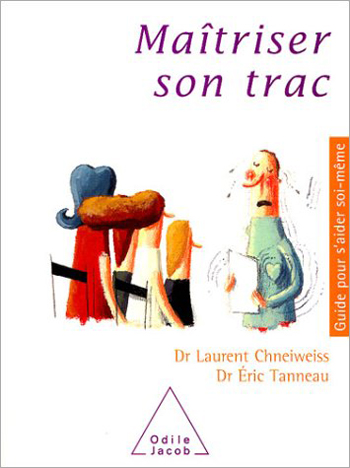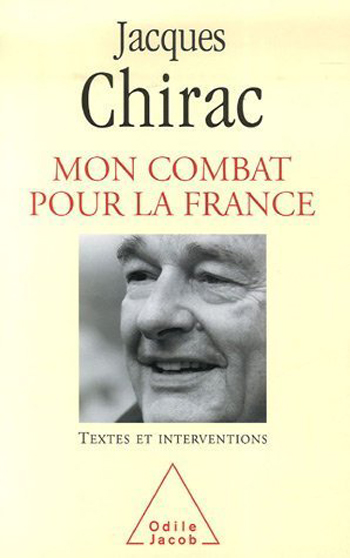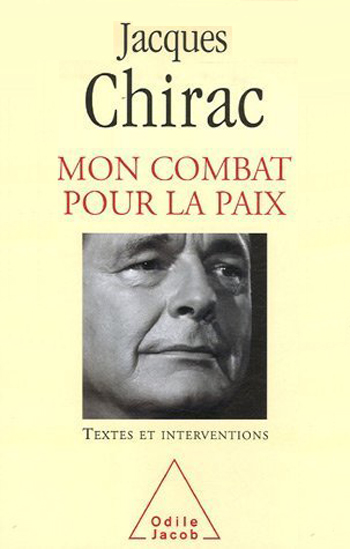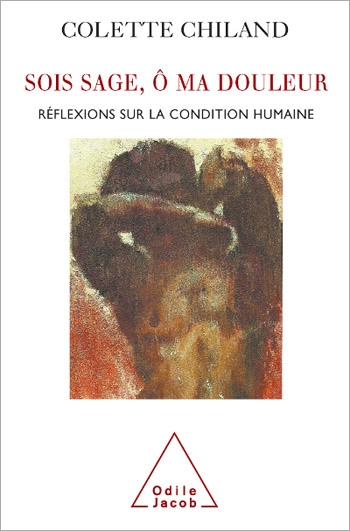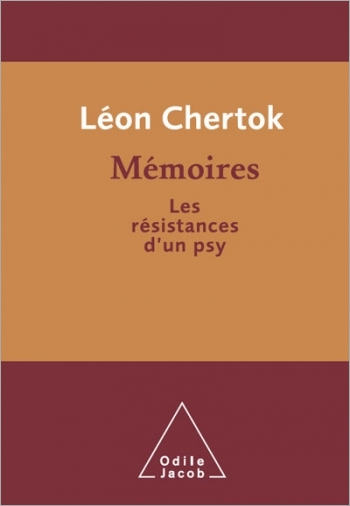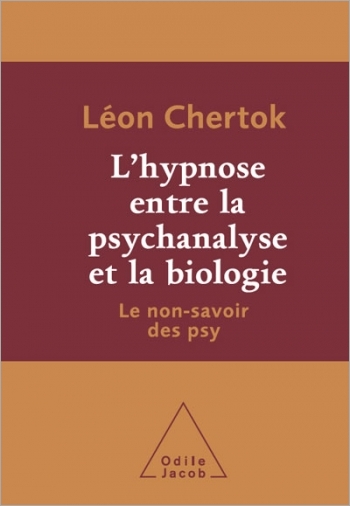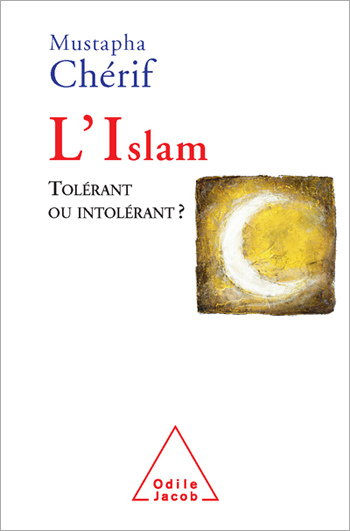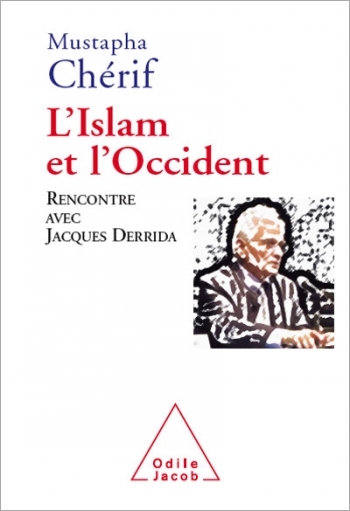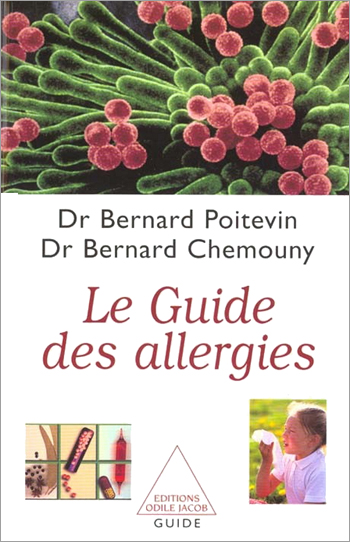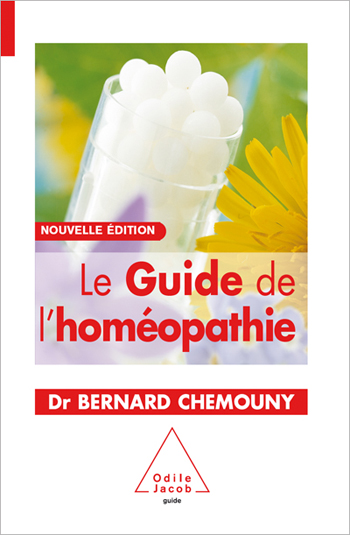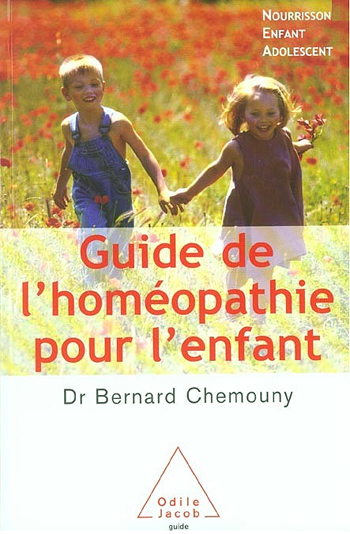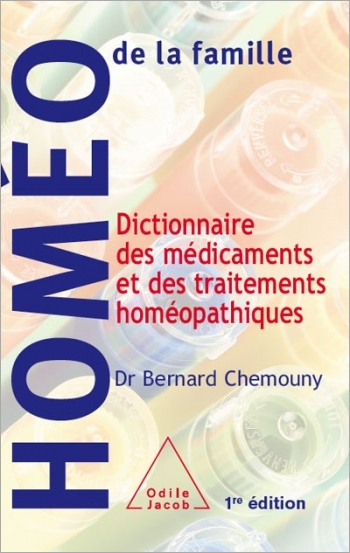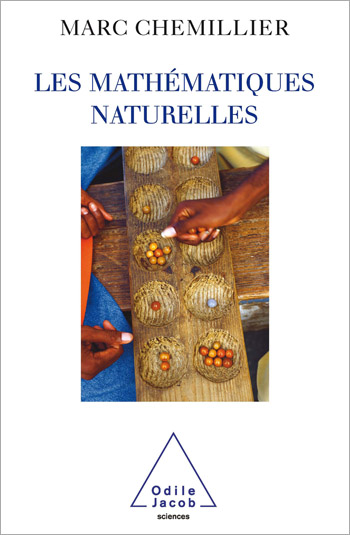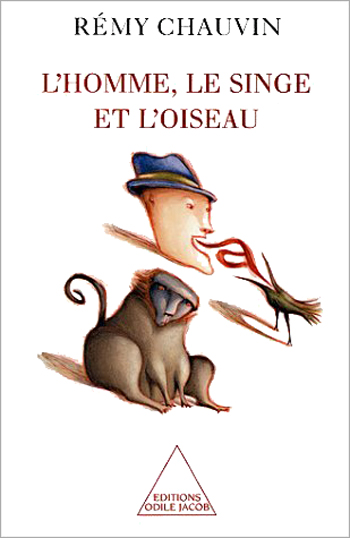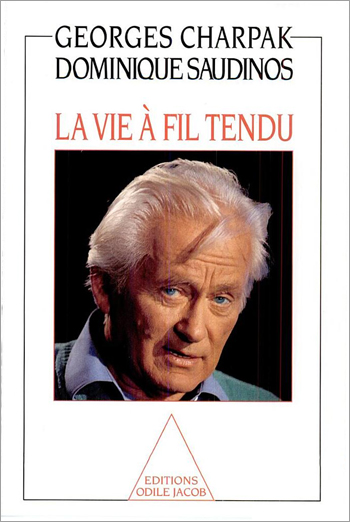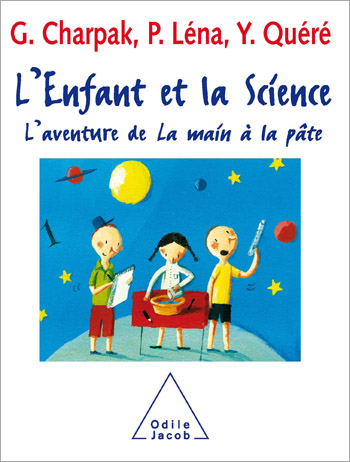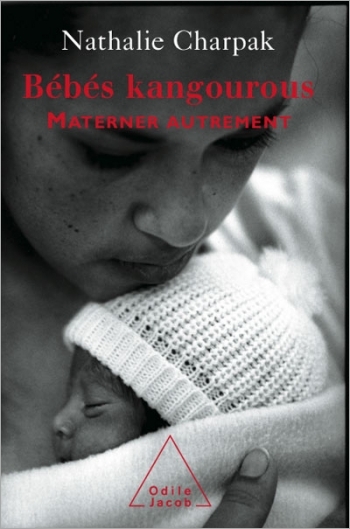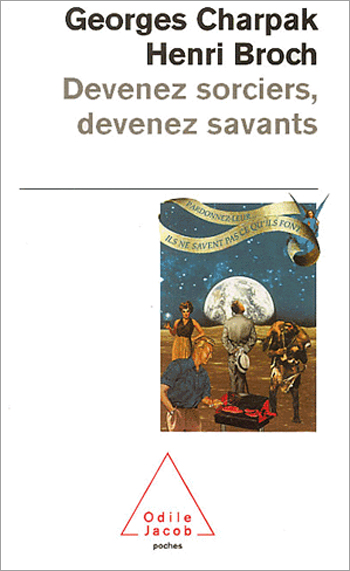Catalog All books
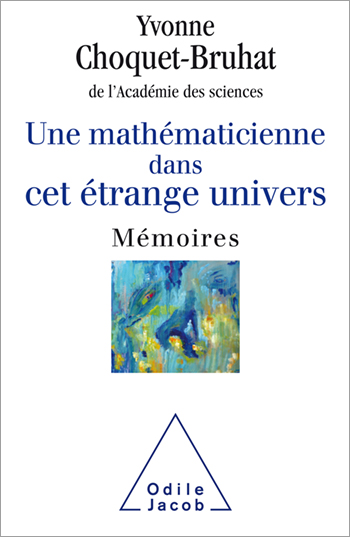
Yvonne Choquet-Bruhat
A female mathematician in this strange universe
The first woman elected to the Academy of Sciences, Yvonne Choquet-Bruhat is one of the greatest mathematicians and physicists of our time. With this book she brings us a very personal account where private life mixes with scientific discovery and the broad sweep of history.
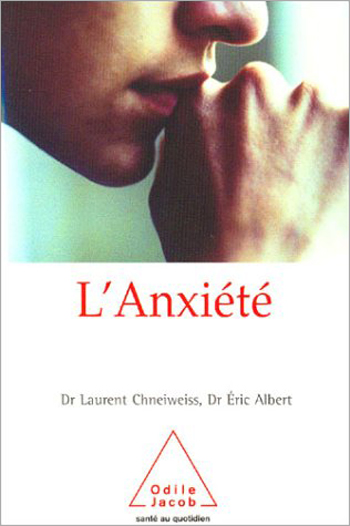
Laurent Chneiweiss, Éric Laurent
Anxiety (New Edition) Day by Day Health
Knots in your stomach and feelings of anxiety are common sensations. But what can be done when anxiety becomes overpowering, handicapping ? What are the symptoms ? When does it become a disease ? How can it be managed on a daily basis ? Who should be consulted ? A simple and practical book to help you to deal with this problem. Eric Albert and Laurent Chneiweiss are both psychiatrists, and specialists in the modern treatment of anxiety.
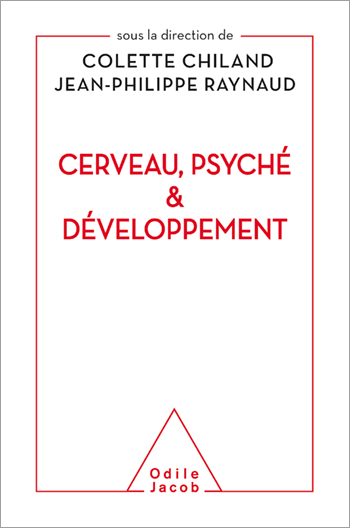
Colette Chiland, Jean-Philippe Raynaud
The Brain, the Psyche and Development
A fascinating work on the mental development and treatment of children, by eminent specialists in psychiatry and the neurosciences
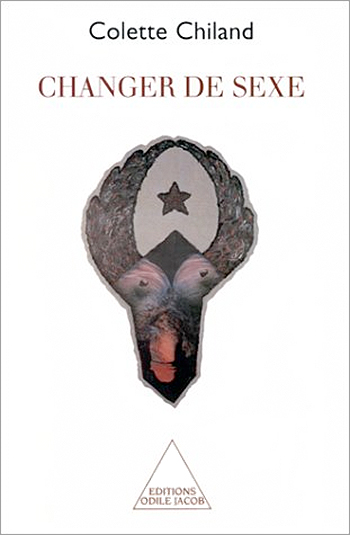
Colette Chiland
Changing Sex
Some human beings refuse to take the path that leads from being male to becoming a man or from being female and becoming a woman and want to belong to the sex for which their bodies were not designed -and this at any price. In our culture, these transsexuals want to both occupy the other place in the network of symbolic exchanges and have a mark of this change in their bodies. Their sadness is irremediable, for although they can change their social sex, they cannot change their bodily sex. "It's better " states one transsexual, "to change what's in the mind". Will we succeed in doing so ? A university professor, Colette Chiland taught psychology and psychopathology of children and adolescents, then clinical psychology at the Sorbonne University in Paris.
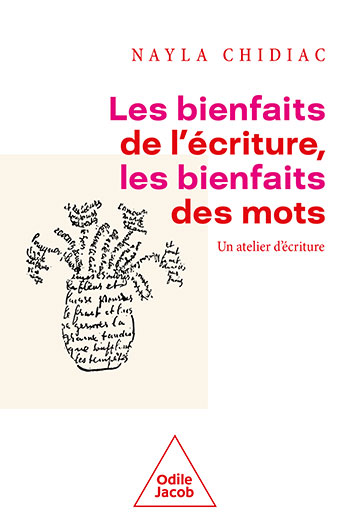
Nayla Chidiac
Writing Workshops The Benefit of Writing, the Benefits of Words
Writing can change your life. A practical guide accessible to all, by one of the foremost specialists in therapeutic self-writing.
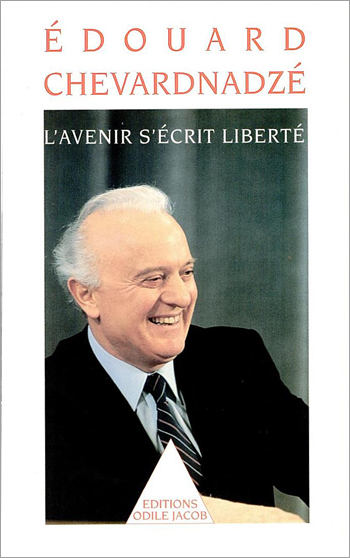
Édouard Chevardnadzé
The Future is Freedom
Why did the former Soviet Union allow itself to be led to the emancipation of the peoples of Central Europe? Why would it accept the reunification of Germany? How did it find the pathway to alliance with the United States? Under what conditions will it be able to master economic crisis and political instability? A lucid look at what is becoming of our world, by one of the authors of change in the East, the ex-Minister of Foreign Affairs of the former Soviet Union.
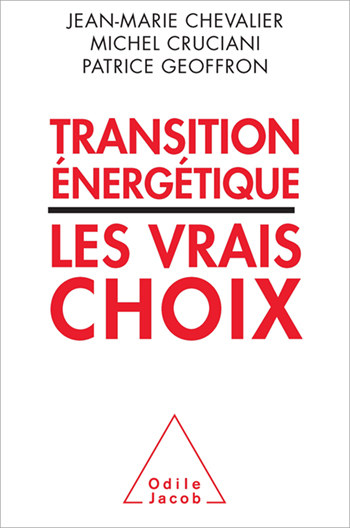
Jean-Marie Chevalier, Patrice Geoffron
Energy Transitions Making the Right Choices
French leaders need to make the right energy choices — if they don’t the current economic crisis will only become worse
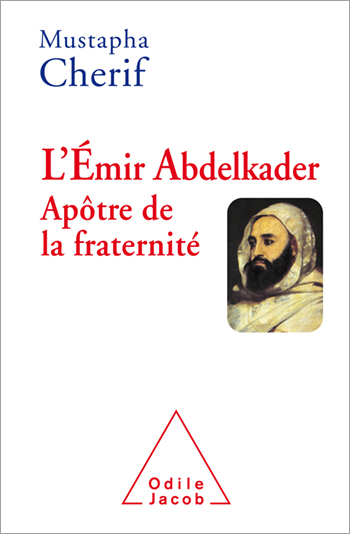
Mustapha Chérif
Abd el-Kader, Apostle of Reconciliation
An important historical figure whose works help us understand contemporary relations between Algeria and France, between East and West
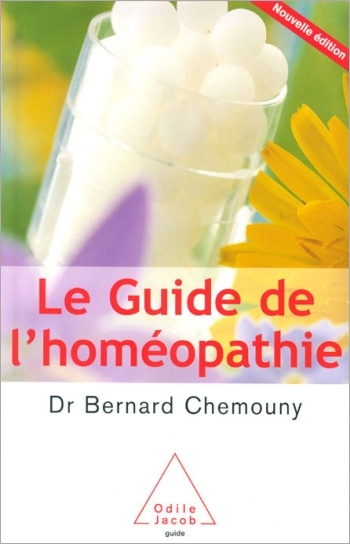
Bernard Chemouny
The Guide to Homeopathy New, revised edition
This is the revised third edition of the highly successful guide to homeopathy, which was first published seven years ago. Besides bringing up to date all the facts, figures, tables, prices and addresses, the new edition has been revised to account for the following: o Lower health insurance coverage, following recent French legislation which came into effect on 1st January 2004. o The French Ministry of Health's recommendation to limit the use of antibiotics (especially for minor ailments such as sore throats). A reference work on [homeopathy], which is used by one out of three French people, Le Figaro Bernard Chemouny is a homeopathic physician and acupuncturist. He teaches homeopathy at Hôpital Saint-Jacques, in Paris.
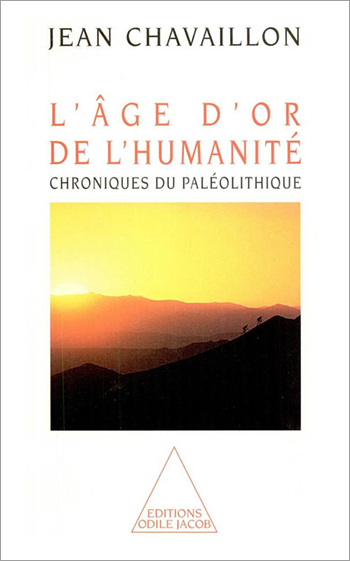
Jean Chavaillon
The Golden Age of Humanity Annals of the Palaeolithic Age
If myths tell the story of civilizations without writing, the myth of the golden age corresponds to a very precise period in the story of mankind: the superior paleololithic (between 35,000 and 9,000 B.C.). Even though different species of hominides coexisted in the same territories of Africa, there were no wars. Human groups were rare, they lived in an environment of abundance. They had time. Without art or religion, their life was carefree. All their knowledge was concentrated on the making of tools and in the mastering of fire. This is the everyday life of men from the Paleolithic which Jean Chavaillon describes in this fascinating book, illustrated by black and white reproductions. Jean Chavaillon, is a research director at the CNRS, a specialist in prehistory and a field worker.
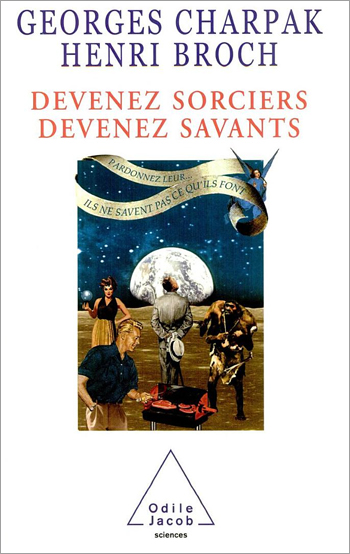
Georges Charpak, Henri Broch
Becoming a Magician is Becoming Wise
Would you like to know how to burn out a light bulb from afar? Would you like to know how to walk barefoot on burning coals without scorching your feet and as comfortably as if you were walking on the softest deep-pile rug? And would you like to understand why this is possible? Magic here has simply switched sides: it no longer belongs to the realm of the supernatural; it has become completely natural.The goal of this book is to make the reader understand that the supernatural does not exist and that it is essential in todays world to be scientifically literate. Georges Charpak, a physicist at CERN, is a winner of the Nobel Prize for Physics. Henri Broch heads the Laboratoire de Zététique at the University of Nice-Sophia Antipolis.
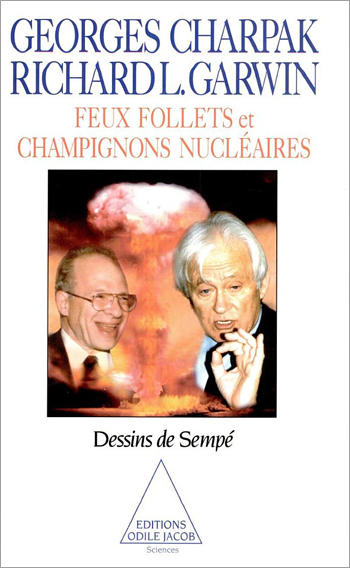
Georges Charpak, Richard L. Garwin
Power People and Nuclear Mushrooms
How can we control nuclear power ? This question has been preoccupying Georges Charpak and Richard Garwin for a long time. They here engage themselves in a thought-process concerning the stakes of nuclear power in civil society and the military. It is high time to see the issue clearly, and steering clear of sterile polemics, to denounce the true risks. This book describes in detail everything we need to know about the question : what is a chain reaction ? What exactly happened at Chernobyl ? What should be done with radioactive waste ? How are nuclear arms made and what would future war confrontations be like ? etc... Georges Charpak is a Nobel Prize winner in physics. Richard Garwin is a nuclear physicist.

